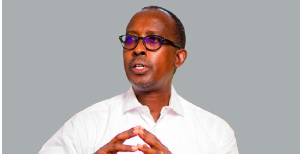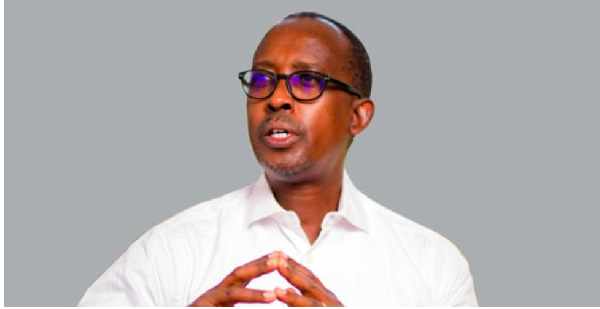 The head of a presidential advisory committee on exports and industrial development, Mr Odrek Rwabwo
The head of a presidential advisory committee on exports and industrial development, Mr Odrek Rwabwo
Time is running out for Uganda to renegotiate a new trade agreement with the United States or face a 10 per cent tariff hike, following a directive issued by the Trump Administration.
With Uganda no longer eligible for trade benefits under the African Growth and Opportunity Act (AGOA) as of January 1, 2024, the country must urgently reassess its export strategy to maintain its presence in the U.S. market.
According to Odrek Rwabwogo, Presidential Assistant on Exports, Uganda has faced significant challenges since being removed from AGOA.
“We’ve been working hard to maintain a footprint in the U.S., partnering with cities like Detroit, Atlanta, and Chicago, and finding independent representation in those markets,” he said. However, the imposition of a blanket 10 per cent tariff has made it even harder for Ugandan goods to compete.
Rwabwogo highlighted Uganda’s historic strides in value addition, such as the first-time sale of roasted Ugandan coffee in the U.S. market. However, he warned that higher tariffs could derail such progress. “A kilo of coffee on the shelf now costs about $15. With the new tariffs, that’s an extra $1.50 or more. Consumers might opt for cheaper alternatives from Colombia or Brazil, which have geographic and cost advantages.”
While some suggest Uganda can pivot to alternative markets like Italy or Saudi Arabia, Rwabwogo emphasised the unique value of the U.S. market.
“In the last 40 years, I don’t know of any newly industrialised country that has not grown with a strong presence in the U.S. market,” he said. Access to this market attracts high-level technology and investment, and Rwabwogo stressed that short-term thinking like switching markets won’t solve the problem.
Ugandan officials are expected to travel to Washington for Spring Meetings with the IMF and World Bank. However, Rwabwogo noted that the real solution lies in developing market awareness and business credibility to attract serious investment.
He concluded by stressing the strategic significance of the U.S. market, saying that when Amazon or Walmart source products from Uganda, it signals to the world that Uganda is a viable trade partner, bringing in competition, investors, and long-term growth.
